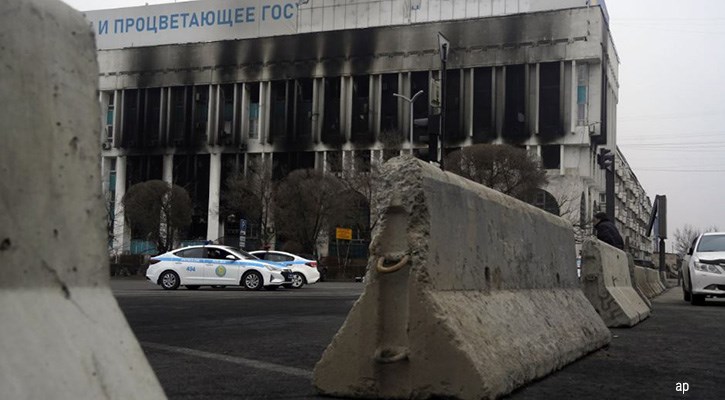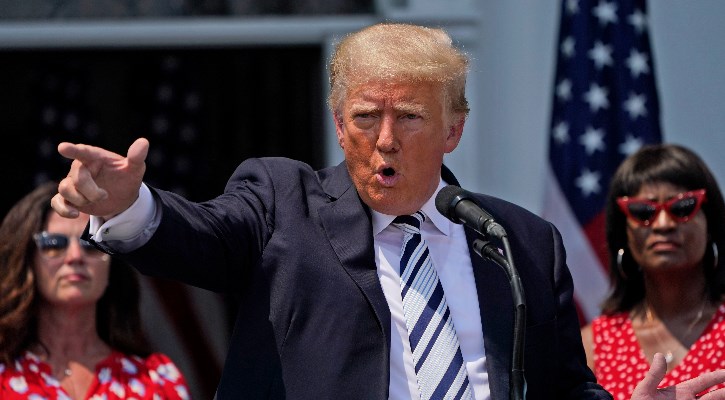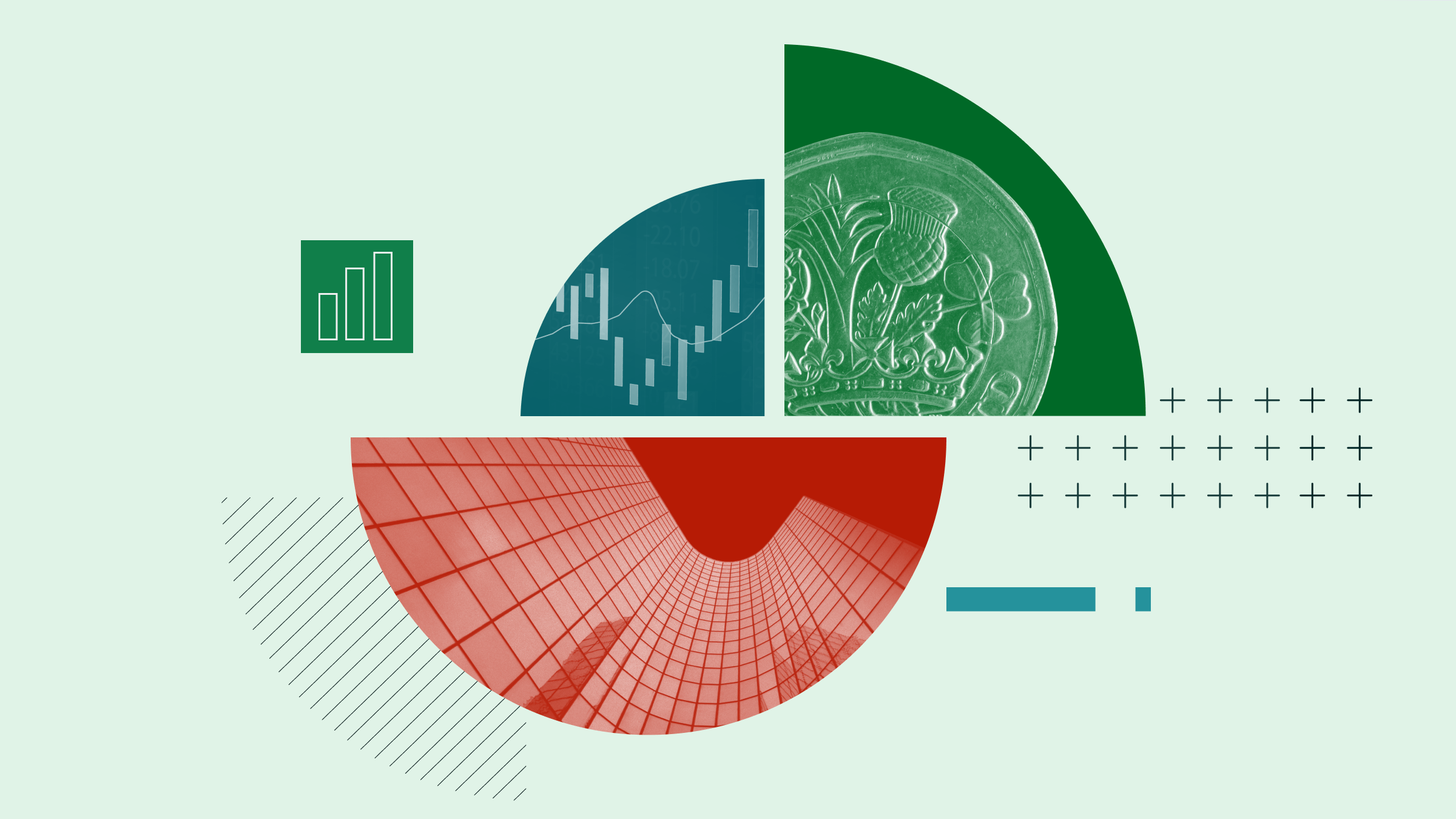
The unrest in Kazakhstan may seem a long way away for UK investors but in a globalised investment world, volatility in far-off countries can have a ripple effect across asset classes.
Political and economic risk is nothing new to developing countries and it’s easy for investors to dismiss events as market “noise”, but the crackdown on protests in Almaty could have wider implications for how 2022 will pan out for emerging and frontier markets. This is particularly the case given the role of energy prices and Russian power are at the heart of the drama.
Last year saw a strong performance from "frontier" markets like energy-rich Kazakhstan, which, like its peers, is in transition towards emerging market status.
Naturally, such countries are seen as higher risk than emerging markets because they are less developed, but potentially offer higher long-term returns because they start from a lower base.
China, for example, is still considered an emerging market, but is now the second largest economy in the world. Kazakhstan is the third largest country in the MSCI Frontier Markets index, with a weighting of just over 8% at the end of 2021 — behind Vietnam (30%) and Morocco (10%).
The country’s fintech company, Kaspi, is the second largest stock in this index and one that listed in London, rising 20% last year, in line with the performance of the S&P 500. Emerging markets fared less well because of China’s turbulent year. We looked at the outlook for the asset class in 2022 in our article “EM Investors Want a ‘Recoupling’ Next Year”.
A quick recap of events for those not following the story closely: at the start of the year protestors in the Kazakhstan capital, Almaty, vented their anger after the government imposed a steep rise in the price of liquefied petroleum gas (LPG), which is used to fuel vehicles. Protests spread to other regions of the country, and turned into riots. In a violent crackdown, police shot at protesters. The death toll is currently more than 160.
Russia and Sanctions
Russia intervened in a “peace keeping role” as part of the Collective Security Treaty Organisation (CSTO), a bloc of post-Soviet states similar to Nato, supplying troops to quell the protests. President Kassym-Jomart Tokayev sacked his cabinet and Alihan Smaiylov was appointed as the new Prime Minister.
Former President Nazarbayev, an autocrat who ruled for nearly 30 years, is thought to be maintaining influence behind the scenes. TFor now, the unrest appears to have been contained. Emerging market specialist fund manager Ashmore expects the situation there to continue to stabilise. That said, its head of research, Gustavo Medeiros, says the unrest is no mere “local issue” and draws parallels with similar protests in Western Europe like the Gilles Jaune in France. (Soaring energy and fuel costs have become key themes for voters across the world).
Medeiros says the CTSO's intervention was key to defusing the violence and has implications beyond the recent events. The regime accepted Russian intervention, proving its loyalty to Putin, but this makes it harder for the country to maintain an independent trade policy wth China and Europe. After all, Russia is subject to EU and US sanctions for its activities in Ukraine, which are themselves the subject of intense ongoing Nato negatiations. An armed conflict in the region could be avoided by diplomatic channels, but that’s something global investors should not take for granted.
A Ripple Not a Panic
Ashmore’s Medeiros argues the Kazakhstan episode is unlikely to have an impact on other emerging markets, apart from Russia, which had a strong 2021 amid surging oil prices.
“There is no risk of spill over to other EM countries (except for Russian assets) as Kazakhstan is a small part of the EM asset class and has a strong balance sheet,” he says.
Indeed, the MSCI frontier index was only marginally weaker at the start of the year, and the Kazakhstan Stock Exchange (KASE) itself is off just 1.3% since the start of the year — hardly a sign of panic from overseas and domestic investors. The KASE index is still reasonably close to its record high of 3,810 points.
Investors in the UK have been impacted, though. London-listed BlackRock Frontiers Investment Trust (BRFI) is down around 2.5% in share price terms since the start of the year. The trust has a near-5% weighting towards Kazakhstan and Kaspi is its third biggest holding. Individual LSE stocks with Kazakhstan operations are often found in the resources sector, because the country has abundant oil, gas and urnamium.
For example, shares in oil and gas exploration firm Caspian Sunrise (CASP) fell sharply after it suspended drilling and production because of the unrest. Ferro-Alloy Resources (FAR), which mines vanadium, has also seen share price weakness this year, although production has so far been unaffected. National Atomic Co Kazatomprom (KAP), which exports uranium and nuclear fuel for power plants, is also listed in London and has fallen in price this year.
Kazakhstan sovereign bonds are also held by a number of UK domiciled funds, such as the Aberdeen Standard Frontier Markets Bond fund, which has a Morningstar Quantitative Rating of Neutral and 5-star performance rating.
Another Neutral-rated frontiers fund, HSBC GIF Frontier Markets, owns the Halyk Savings Bank of Kazakhstan as its third largest holding, according to Morningstar Direct data. This fund has dipped in the year to date but rose 37.5% in 2021. Gold-rated Legal & General Frontier Markets Equity Fund, meanwhile, owns three Kazakhstan companies, the aforementioned Halyk, Kazatomprom and Kaspi, in its portfolio, according to company accounts from June 2021.





























